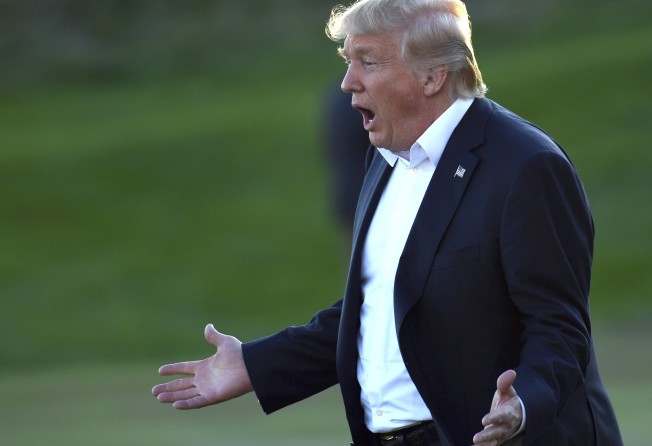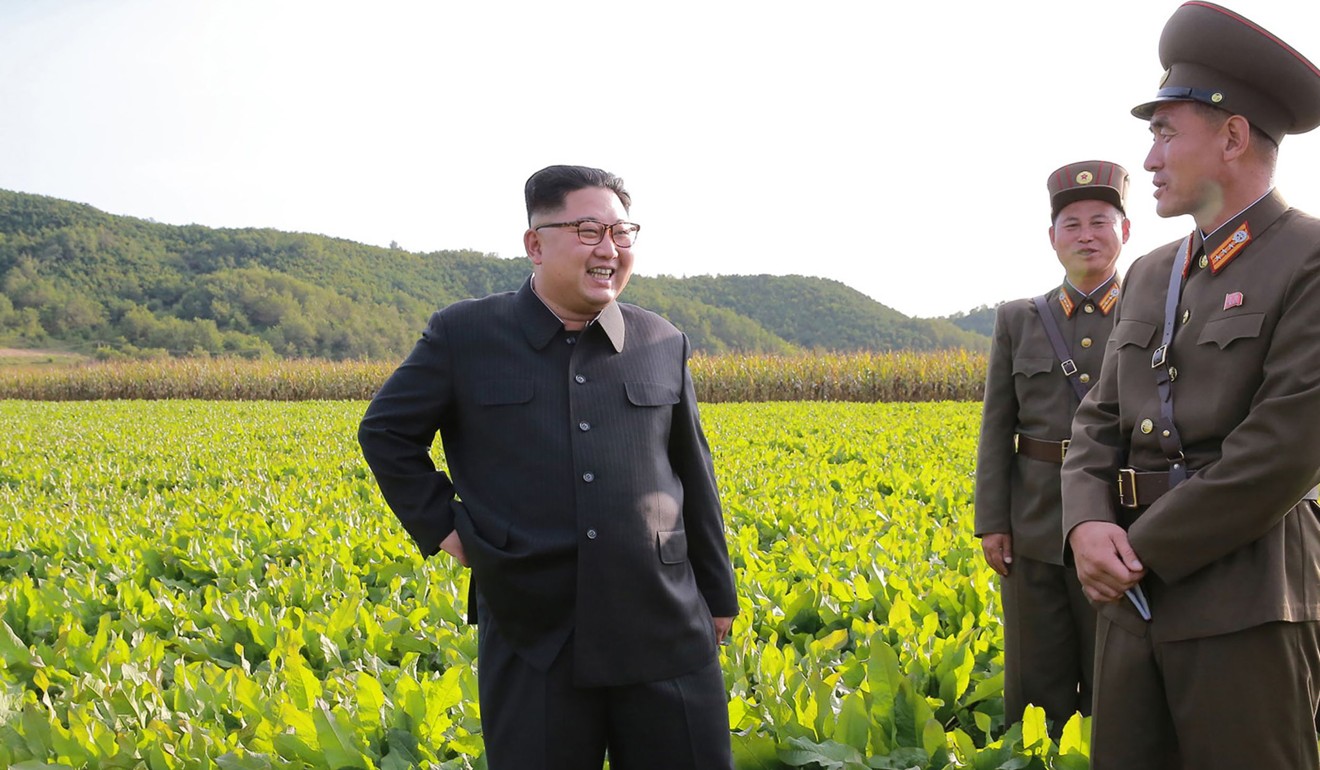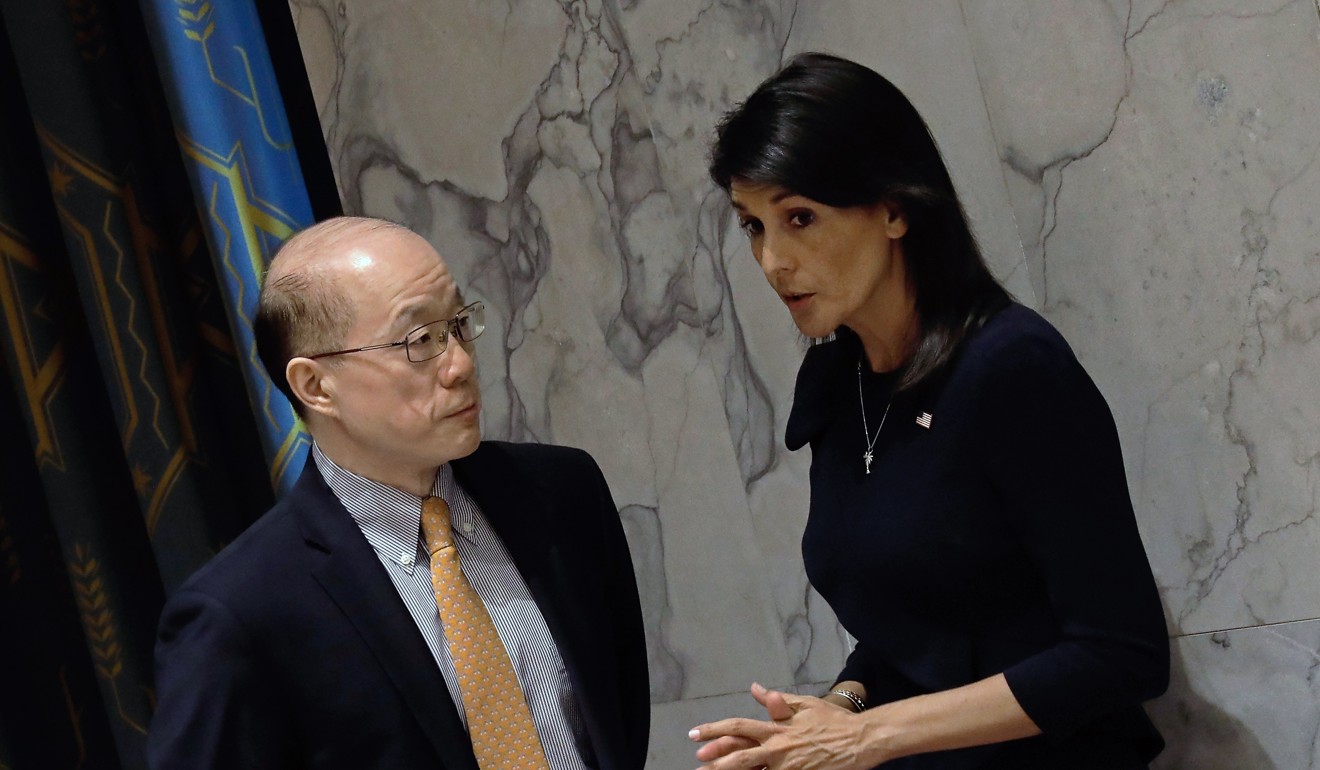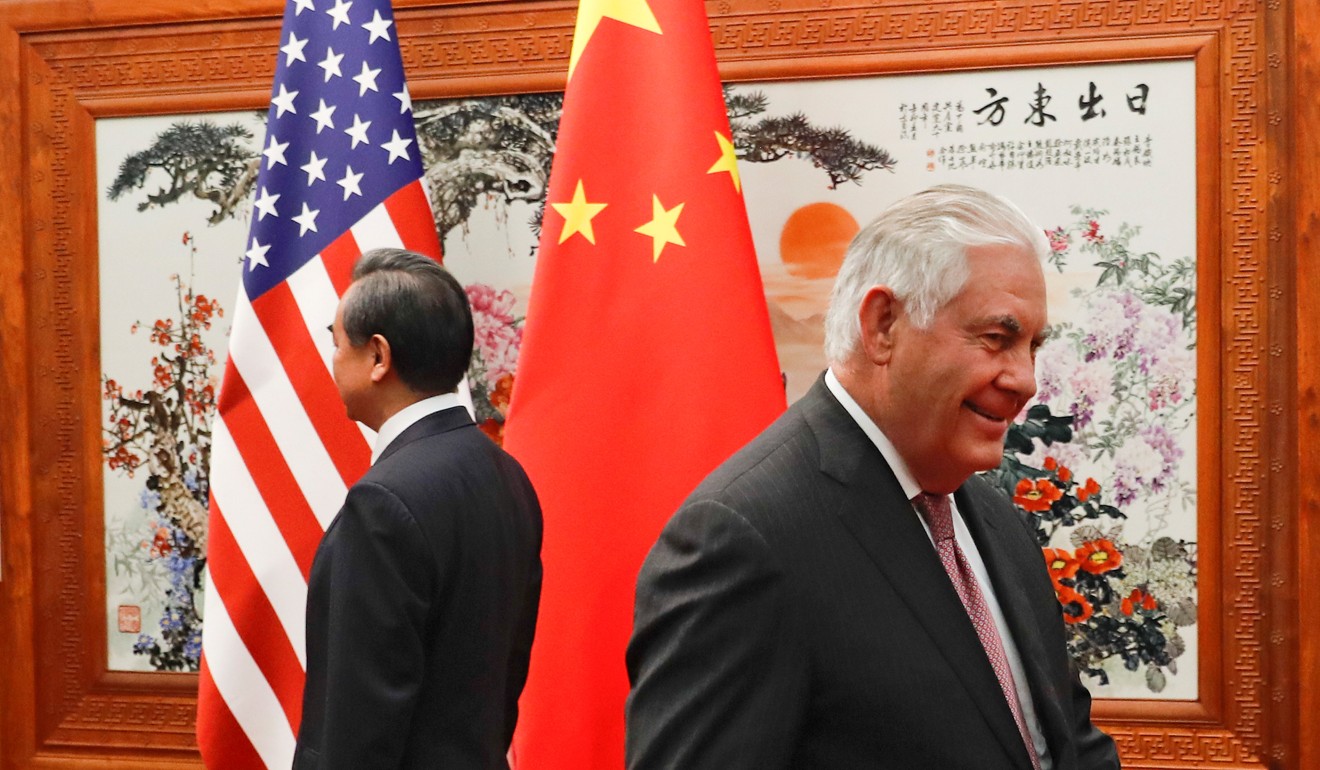Why Donald Trump’s insults may back Kim Jong-un into a nuclear-armed corner
Robert Delaney says the US president’s knack for shocking rhetoric worked better than expected in domestic politics, but his comments about the North Korean leader have crossed a dangerous line

US President Donald Trump has proven to the established political class that shocking rhetoric now works like a gun in a knife fight.
Many in Washington thought Trump’s calling Mexicans rapists and commenting on Rosie O’Donnell’s “fat, ugly” face would derail his political momentum. Instead, these comments and many others helped usher him into the White House.
But the strategy that has worked well in many of Trump’s political skirmishes crosses a line from crude and coldly calculating to flagrantly irresponsible when used against North Korea’s Kim Jong-un.
It is one thing to chastise demonstrators facing down white supremacists and denigrate women with references to blood. Such derogatory comments horrify Americans outside of Trump’s base and establish new lows for US politicians, but they don’t carry the possibility of grave consequences for the rest of the world.
In repeatedly calling Kim “Rocket Man” and using other language to demean him, Trump has brought his schoolyard bully tactics into a conflict that has global thermonuclear war as one of several possible outcomes if cooler heads don’t prevail.

On a more immediate level, Trump has undermined a diplomatic effort that accomplished what successive US administrations never managed: China’s cooperation, which is essential for any effort to subdue Pyongyang without resorting to military action.
US Ambassador to the United Nations Nikki Haley has done an excellent job in working with her Chinese counterpart Liu Jieyi. Bargaining with Liu, Haley managed to get two sets of North Korea sanctions unanimously passed in the Security Council.
Secretary of State Rex Tillerson and Defence Secretary James Mattis have also struck a sensible balance between cooperation and standing firm on non-negotiables such as the US’ missile defence deployment in South Korea.

In Beijing this past weekend, Tillerson said the US currently has “lines of communication to Pyongyang”, which was an encouraging revelation given the heightened tensions around the Korean peninsula.
However, none of these diplomatic efforts mean anything if Washington’s only objective is a complete shutdown of Pyongyang’s nuclear weapons capability, because Trump’s taunts cement Kim’s resolve to follow through regardless of the sticks and carrots the US and China wield.
Sue Mi Terry, who served as a senior North Korea analyst in the CIA under former president George W. Bush, said on the sidelines of a Korea Society event in New York last week that Trump’s decision to lob insults directly at Kim has pushed the stand-off to “a crisis point”. The insults, she said, made it politically impossible for Kim to heed calls to halt his nuclear weapons programme.

State Department spokeswoman Heather Nauert said in Washington, after Tillerson’s hopeful comments, that “North Korean officials have shown no indication that they are interested or ready for talks regarding denuclearisation”.
Then, as though he wanted to close off any possibility that Pyongyang would respond to Washington’s overtures, Trump poured cold water all over Tillerson’s efforts by calling them “a waste of time” and referring to Kim as “Little Rocket Man”.
There is no way to know if Pyongyang would pick up the phone were it not for Trump’s insults. We can be sure, however, that they do not help.
We also know that Trump’s need to fling insults outweighs any concern he has for the gravity of possible outcomes.
Robert Delaney is a US correspondent for the Post based in New York